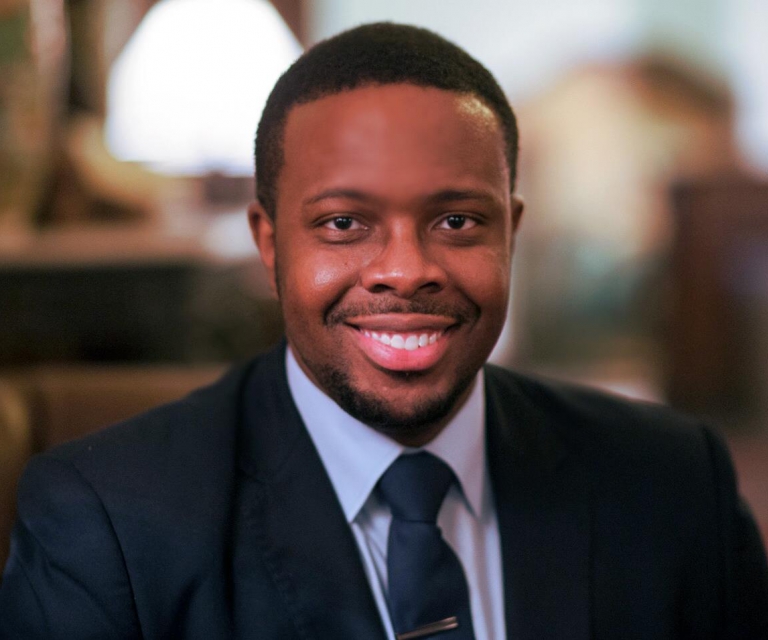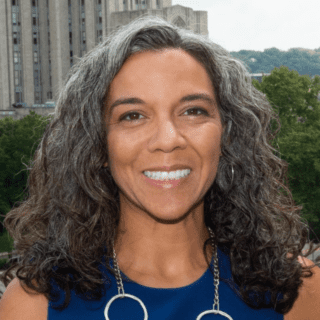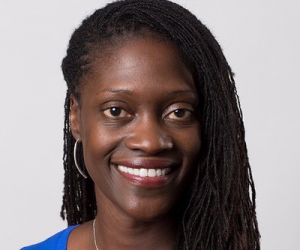
T. Elon Dancy Honored for Advancing Educational Race Equity
T. Elon Dancy II describes Pittsburgh-born civil rights attorney Derrick Bell as a “lighthouse legal scholar and intellectual who forever changed the way we think about race and racism in relation to U.S. law and ‘society.’”
“To be doing a kind of teamwork where he was and to stand where he stood is its own deep honor and a tremendous responsibility I do not take lightly,” says Dancy, who serves as the Helen S. Faison Endowed Chair in Urban Education and executive director of the Center for Urban Education (CUE) at the University of Pittsburgh School of Education.
Dancy was named one of three recipients of the 2022 Derrick Bell Legacy Award, presented by the Critical Race Studies in Education Association (CRSEA). The award honors critical race theorists, critical race studies scholars, and progressive educators-activists committed to advancing social justice and educational race equity. Dancy will accept the award and appear on a panel during the 2022 CRSEA Conference on October 26-27.
Dancy’s scholarship draws from critical race legal studies and Black critical theory to examine education settings as sites of struggle and worldmaking, with a focus on Black American populations. He has authored six books and nearly 100 additional publications, and is known for his studies of Black masculinity and patriarchy in postsecondary contexts, antiBlackness in higher education, and political economies of education.
Under Dancy’s leadership, CUE has developed programs and initiatives focused on insurgent ways of knowing that are essential to practicing education for freedom but are largely rejected by institutions. He cites CUE’s Ready to Learn and High-Impact Retired Teachers of Black and Brown Children programs as examples of “collective learning practices for collective learning purposes” that are influenced by Bell’s work.
In addition, CUE’s annual Summer Educator Forum (CUESEF) has focused on critical race perspectives through examinations of education and carerality. The most recent CUESEF, held in June 2022, featured two panel discussions with critical race legal scholars who responded to current attacks on critical race theory (CRT).
“If we step back from thinking about CRT as an isolated and politicized moment, what we will see is how this is one of many connected assaults on Black and Afro-Indigenous knowledges and critical thinking,” says Dancy. “A critical race education seeks to raise all of our political consciousness as an essential practice of freedom, and supremacist systems see this as a threat.”
He adds: “The work of critical race theorists is important because they help us to think deeply and critically, particularly about power and power relationships. They argue that we must understand U.S. law through the lens of racism, and this is essential for building our political education as we struggle toward visions of justice and freedom.”
Dancy says he is humbled and honored to receive an award that bears Bell’s name. Born in Pittsburgh’s Hill District, Bell graduated from the Pitt School of Law and led integration efforts as a staff attorney in the Pittsburgh office of the NAACP Legal Defense and Educational Fund.
“I believe his lived experience in Pittsburgh shaped his thinking about the relationship between law and racism,” says Dancy. “His powerful use of storytelling methods were likely shaped by Black intellectual traditions in knowledge communities still present here in Pittsburgh and through his vigorous study of published literature.”




